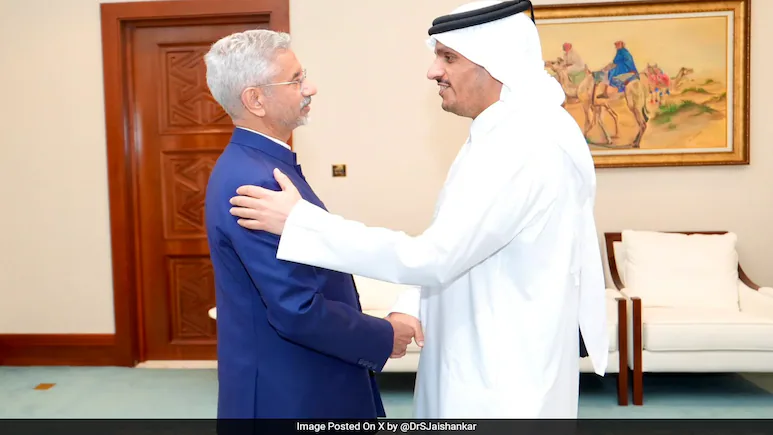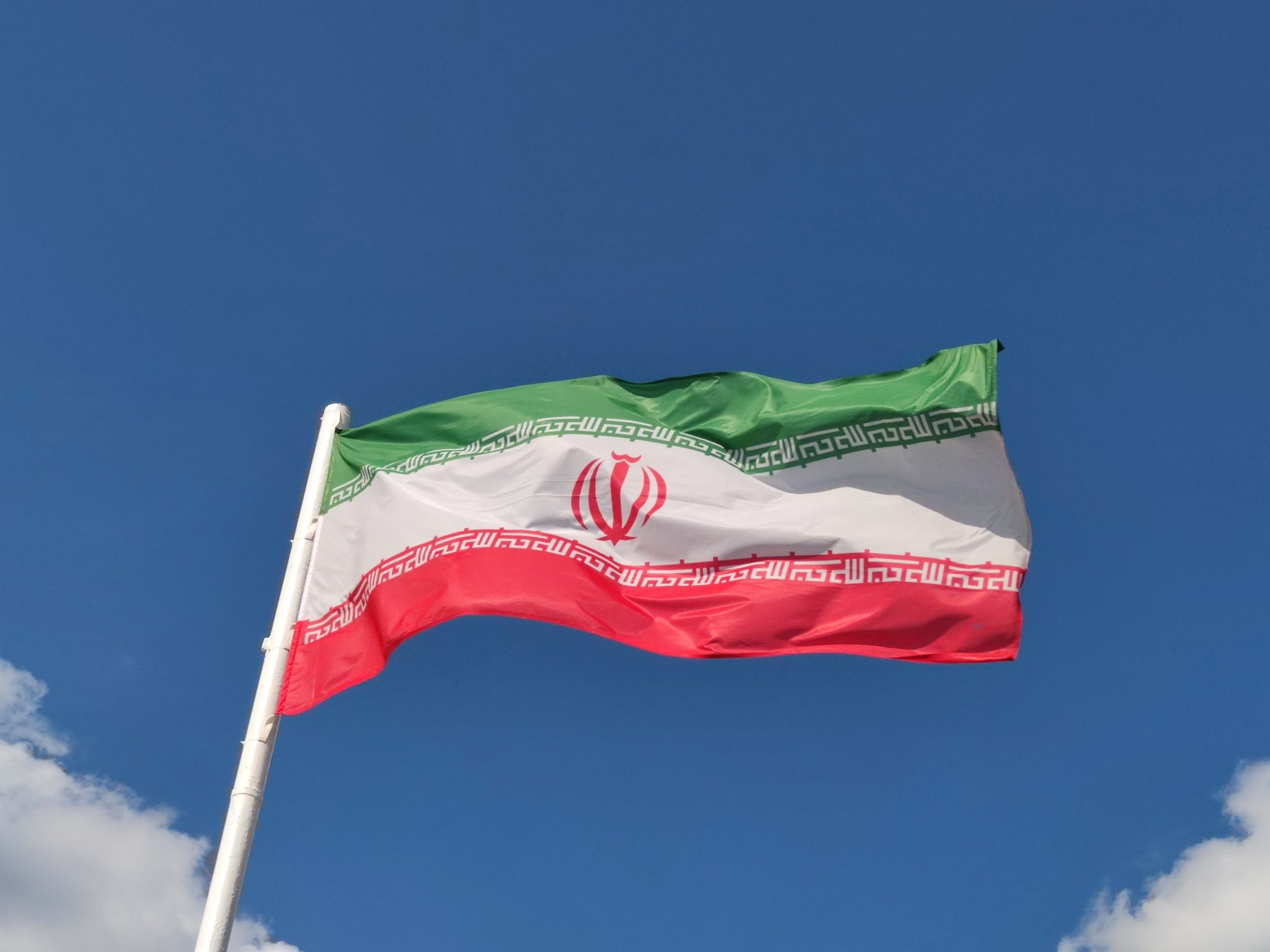AI advancements are already bearing fruit in modern societies, including Qatar, as it permeates people’s lives in a variety of ways.
Artificial Intelligence (AI) will play a pivotal role in propelling Qatar’s Gross Domestic Product (GDP), with a projected increase of 8.2% by 2030, according to Microsoft Qatar.
“Without the full impact of generative AI, there would be a $15.7 trillion contribution to the global economy, with $320bn specifically benefiting the Middle East region. AI adoption and its transformational effect are predicted to significantly influence Qatar’s GDP, with an estimated impact of 8.2%,” General Manager Lana Khalaf, who underscored the groundbreaking potential of AI during a recent session, said.
Khalaf reiterated AI’s profound impact on the economy, job market, industries, and everyday life. “AI will accelerate GDP growth significantly, thereby playing a critical role in economic development.”
Backing these projections, a research study conducted by Hamad bin Khalifa University’s Qatar Computing Research Institute titled ‘Impact of Artificial Intelligence on Qatar’s Labor Market’ also anticipates that AI will enhance Qatar’s GDP by 8.2% by 2030.
The 2020 study points out Qatar’s unique advantage in AI adoption, stating, “AI technology could prove to be a boon for Qatar’s future.
“Countries with larger workforces may be reluctant to adopt AI technology due to potential initial upskilling costs and possible societal disruption. However, as 95% of Qatar’s workforce is comprised of an expatriate population with a high turnover rate, the anticipated trade-off between economic growth and income inequality, typically associated with AI, is unlikely to be an issue here.”
Shifting from digital transformation to AI transformation is key, stated Khalaf, underscoring the transformative capabilities of AI. She cited Microsoft’s partnership with Qatar’s Ministry of Information and Communication Technology in 2019 as a significant step towards enabling digital transformation across industries and organisations by bringing the first hyperscaler to the nation.
Khalaf also discussed the transformative impact of generative AI and large language models.
“Generative AI today is capable of creating new content, learning, growing, and augmenting human reality,” she stated. Large language models are now widely available due to supercomputing advancements and AI innovations within Qatar’s data centres, allowing organisations to deploy AI more effectively.
Khalaf emphasised the game-changing potential of generative AI, highlighting its capacity to bolster organisational effectiveness and accessibility, hence transforming outcomes.
By embracing AI on a broader scale, organisations in Qatar stand to reduce time and costs, thereby accelerating the overall digital transformation process.
How can AI contribute to GDP?
AI’s ability to rapidly process and analyse vast amounts of data can unlock insights that can lead to the creation of new products and services. By automating routine tasks, AI can also enhance productivity, allowing workers to focus on more complex and creative aspects of their jobs.
According to a report by PwC, AI could contribute up to $15.7 trillion to the global economy by 2030, with increased labour productivity and consumer demand being the key drivers of this economic impact.
AI can further catalyse GDP growth by providing solutions to pressing societal challenges that are otherwise costly.
For instance, AI applications in healthcare can lead to early disease detection and more personalised treatment, which can ultimately reduce healthcare costs and improve overall societal wellbeing.
In agriculture, AI-powered systems can optimise crop yield and resource usage, contributing to food security and sustainable economic development.
Also, the use of AI in education can customise learning and improve outcomes, creating a more skilled workforce that can stimulate economic growth. The integration of AI across these and other sectors not only represents a technological transformation but also a potential economic revolution.
As such, countries investing in AI technologies and infrastructure are likely to reap substantial economic benefits.







